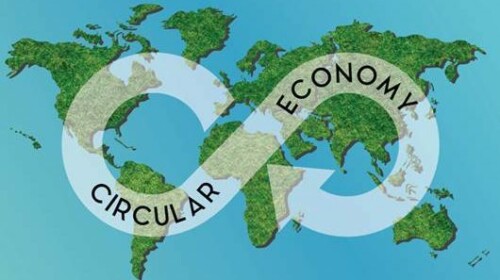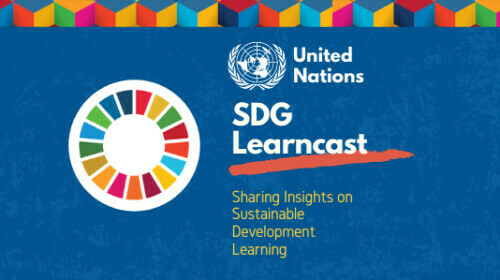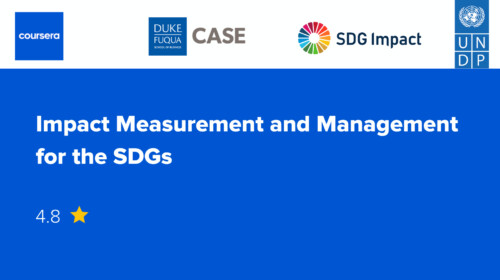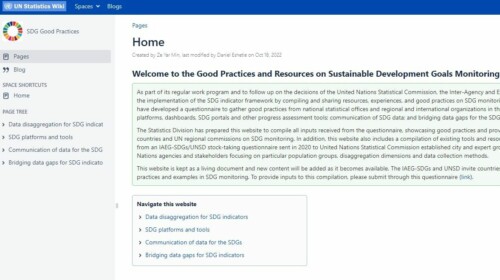Registrations open from 7 June to 6 August 2021
This course explores the application of Circular Economy (CE) practices in the context of the 2030 Agenda for Sustainable Development.
Four years into the implementation of the Agenda, it is evident that ‘business as usual’ will not help us to achieve the Sustainable Development Goals (SDGs). Systems-based approaches along with a strong commitment to deep rooted transformations and actions are vital to the reduction of humanity's footprint in our planet. Our resources are finite and the principles and practices of the circular economy will be catalytic in creating goods, processes and ecosystems that are restorative and regenerative by design.
The course will focus on ‘how’ and ‘why’ circular economy principles will be critical to achieving the goal of the 2030 Agenda - sustainable development for all.
Theoretical, practical and case study based approaches will be used to illustrate and support the concepts. The course will be strongly application-based, with numerous real-life examples from around the world, and will include tools useful to advance CE practices. Participants will get the opportunity to engage with the distinguished experts through live webinars. Assignments, exercises, quizzes and peer sharing across the different modules of the course will benefit the participants and add to their learning.
This course has been created in collaboration with United Nations Environment Programme.
Target Audience
Policy makers and policy shapers from the multilateral sector and government, members of the private sector and civil society who would like to help accelerate the transition towards circular systems by applying CE principles in policy making, production and consumption practices, businesses and cities.
Learning Objectives
Upon the successful completion of this course, participants will be able to:
- Understand the interconnection between Circular Economy and its potential in implementing the 2030 Agenda for Sustainable Development.
- Explain the importance of systems based approaches to identify effective circular transformations.
- Apply different models of circularity to identify opportunities for circular transformations of products and services in real life cases.
- Understand the opportunities to drive circular value across the life cycles of products and processes and examine business models that could support circularity.
- Explore the policy environments that support the successful application of circular strategies to cities and examine why citizens can play a crucial role in ensuring circularity.
- Identify the barriers and enablers to mainstreaming circular strategies.








